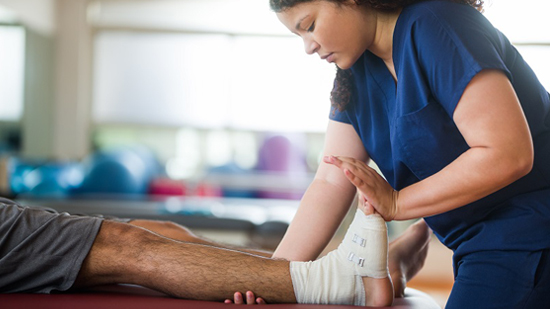Resilience is our capacity to recover quickly from difficulties – to bounce back – and to adapt in the face of challenging circumstances, whilst maintaining a stable mental wellbeing.

Being resilient helps us face our challenges head on and protects us from becoming overwhelmed by our experiences. It does not mean that we experience less distress, grief or anxiety, but that we can handle difficulties in ways that foster strength and growth.
How can we be more resilient?
Resilience is common and we all have it to a certain degree. We see it in ourselves and others every day, and we are very capable of learning the skills that it takes to become more resilient. Those skills include:
Seek support |
We are surrounded by people that we can trust and confide in and sometimes just telling the people close to us how we are feeling can make a big difference. We can speak to and share our experiences with our peers, tutors, friends and family. Other options include calling Mind or the Samaritans, or using an online resource such as Together All. |
Focus on what you can control |
We can easily become overwhelmed by the things that are not within our control. Identifying what is within our control and the steps, small or big, that we can take to improve those areas or situation can improve our sense of control and resilience. |
Believe in our abilities |
Our self-esteem plays an important role in coping with stress and recovering from difficult events. Taking a moment to remind ourselves of our strengths and accomplishments will help to maintain our self-esteem. Also replacing any negative thoughts with positive ones, such as ‘I can do this’ and ‘I am good at my job’, will also help. At the end of your working day remind yourself of at least one of the things you achieved that day. There will be many to choose from! |
Maintain our physical health |
When we are stressed it can be all too easy to neglect our own needs. Losing our appetite, ignoring exercise, and not getting enough sleep are all common reactions to stress. Get enough sleep, keep physically active, eat healthily and stay hydrated. |
Establish goals |
Crisis situations are daunting and when you find yourself becoming overwhelmed by a situation, take a step back to assess what is before you. Explore solutions and break them down into realistic, manageable steps. Focus on the progress you are making and plan your next steps, rather than becoming discouraged by the amount of work ahead of you. |
Be kind |
We are human, not perfect, and should accept that we will make mistakes and underperform. We also achieve small and great things, which we should recognise and reward. |
Further resources:
Helplines
- The Samaritans 24-hour helpline 116 123
- Mind infoline 0300 123 3393.
Other professions
- Your own GP or specialist medical practitioner
- Cyhoeddwyd:
- 05/11/2020
- Resources
- Learning material
- Audience
- Students
Tudalen wedi'i diweddaru ymlaen: 05/11/2020
